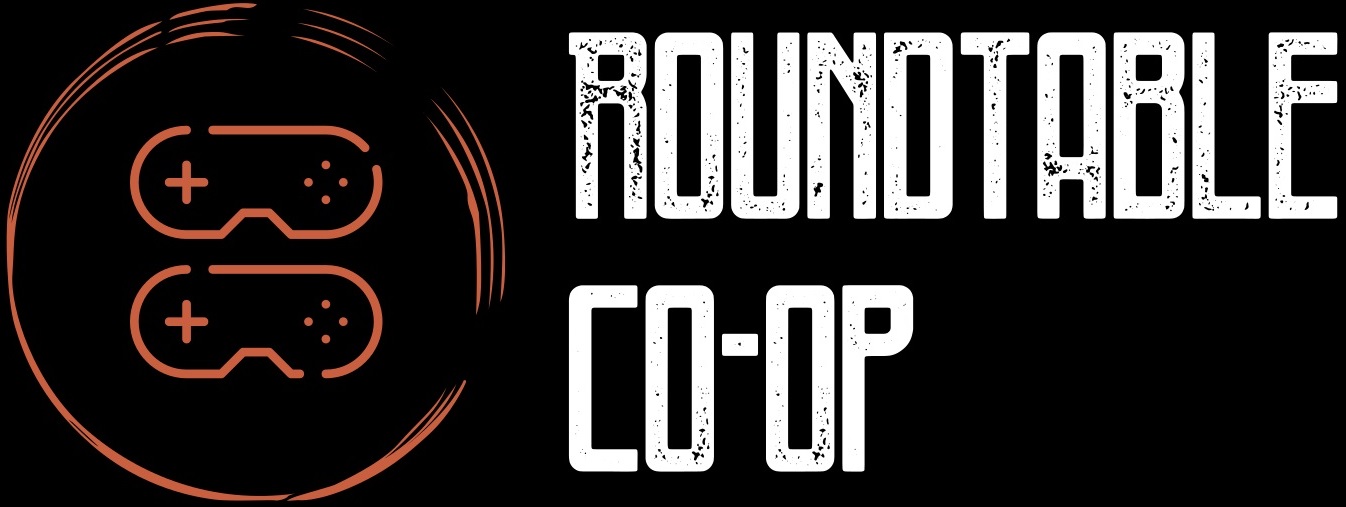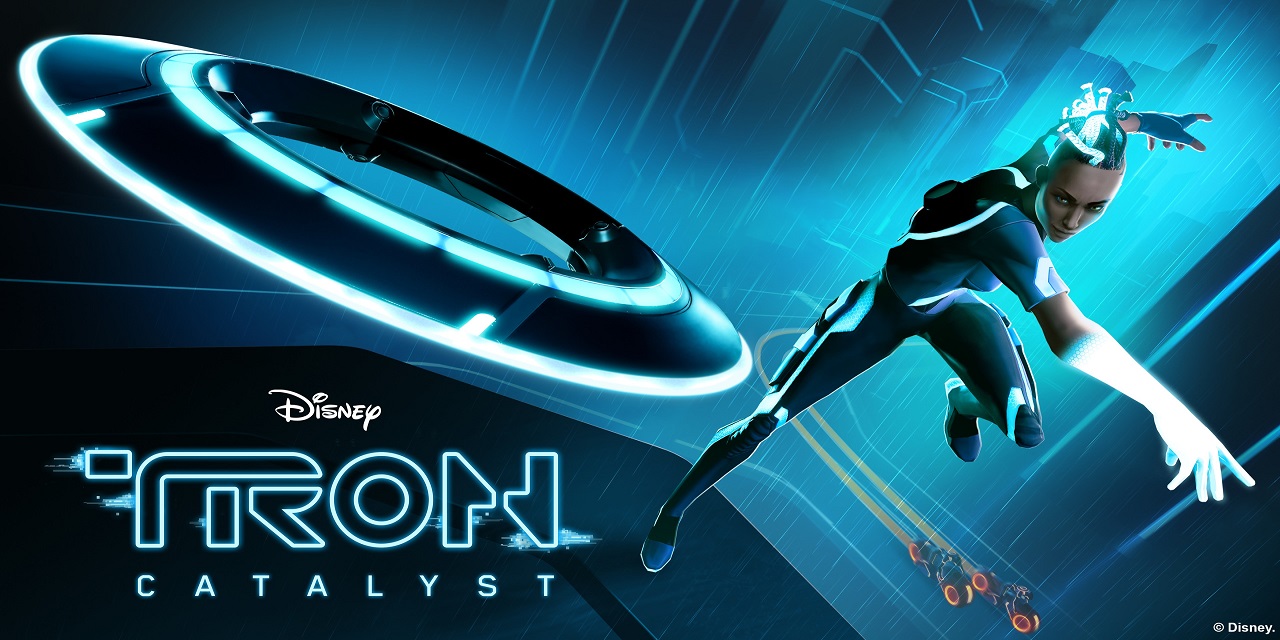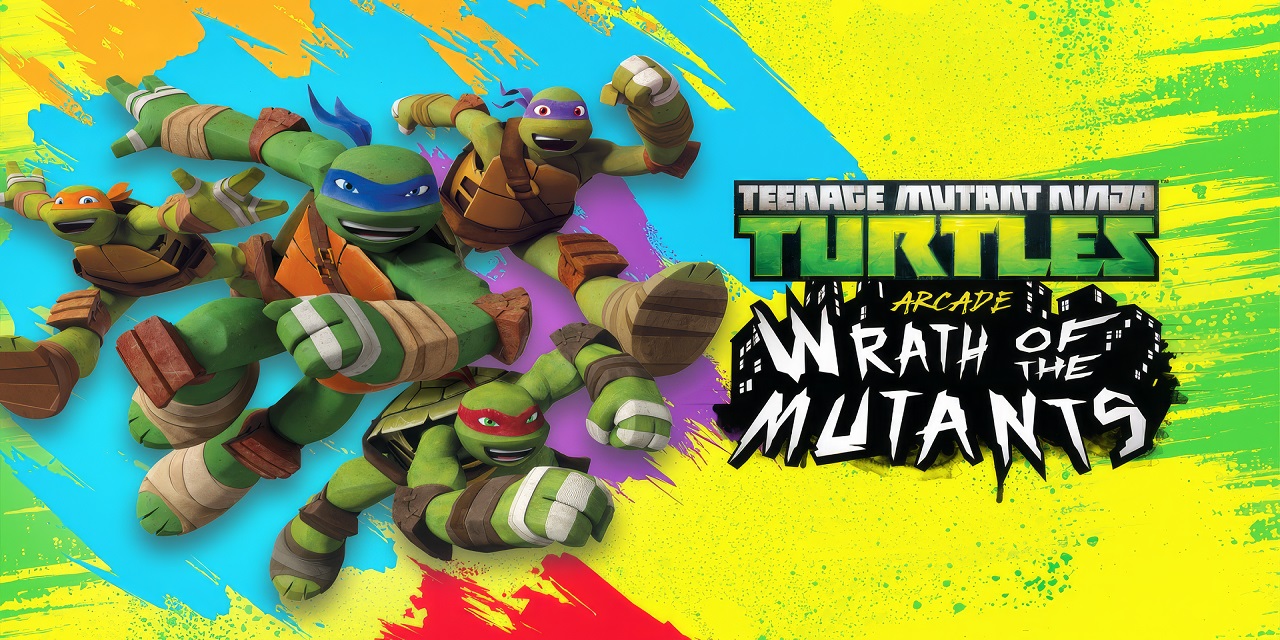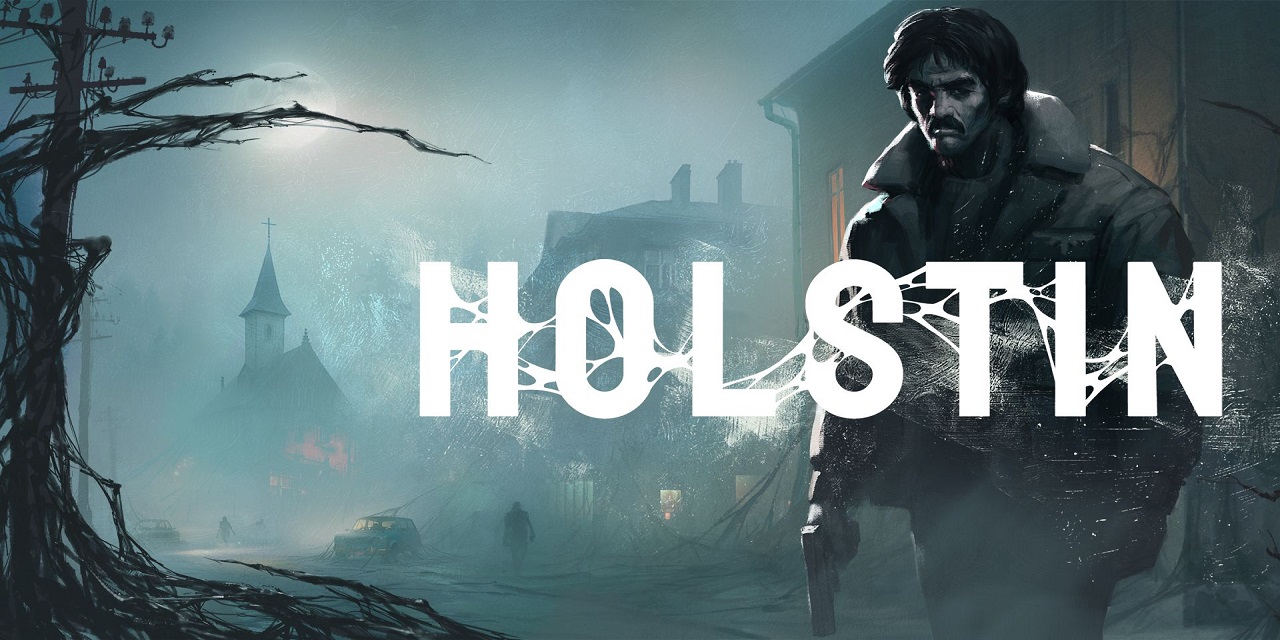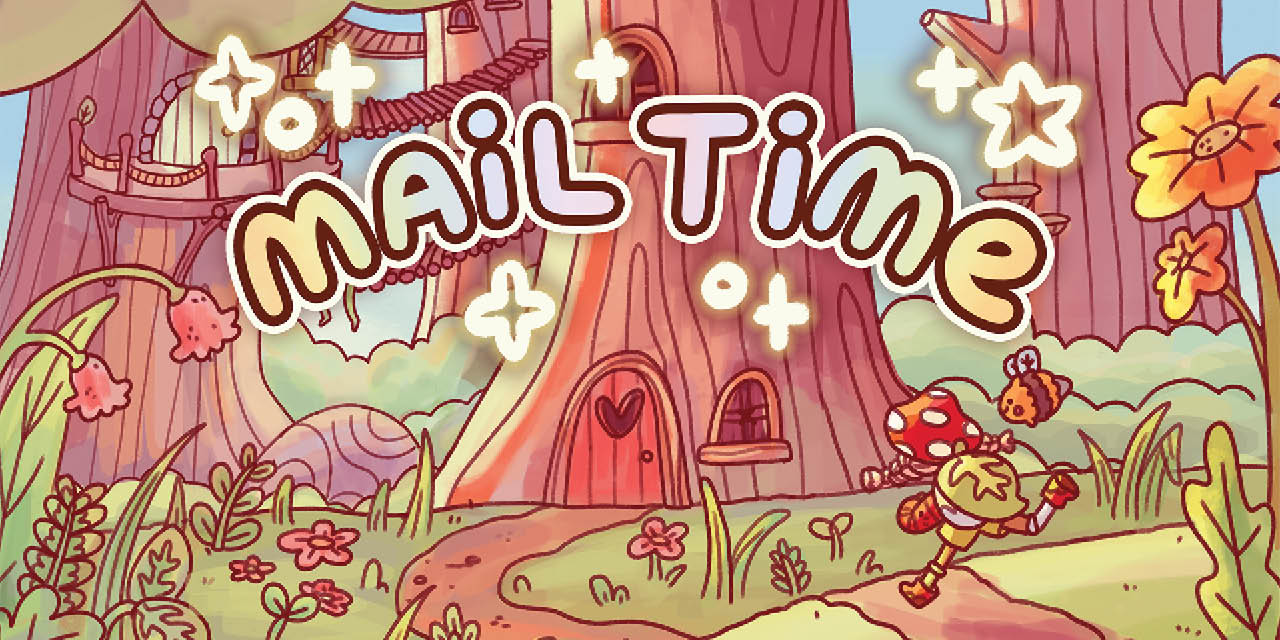TRON has always been a difficult franchise for Disney to reinvent, with its dense mythology and stylised digital world proving equally challenging for video game adaptations. Yet that hasn’t stopped developers from taking on the task. Mike Bithell and his studio Bithell Games, is approaching the Tron universe from a fresh and intriguing angle, one that inspires high hopes, and I think achieved its goal.
If you’re a fan of TRON like me and can still recall exactly what that series was all about, you’ll likely appreciate the many nods to the world Flynn once saved. Every “person” you encounter is a program running on a computer, set some time after the events of the films. Tech enthusiasts will enjoy the frequent references to industry jargon terms like null, FLAC, and higher-order functions are woven naturally into the vocabulary of those living on the Grid.
The more pedantic among us might notice some of these being used in ways that don’t quite align with their real-world meanings, but then again, this is a story about sentient programs inside a computer, so it’s probably best not to overthink it.
If you’re not particularly familiar with the world of TRON, it’s not essential to understanding or enjoying the well-crafted narrative, but having that background knowledge will definitely enhance your experience. The game includes an in-game codex that helps decode the significance of various locations, programs, characters and events but you’re probably better off watching the films beforehand to get the most out of it.

TRON: Catalyst tells the story of Exo, a data courier just trying to make it through another day in the glitch-ridden Arq Grid. Unfortunately for her and fortunately for the plot, her final delivery explodes, triggering a rare glitch in her code. The upside? She can now loop time. Whether she’s derezzed in combat or simply feels like hitting the reset button, Exo always returns to the start of her mission. It’s like having a save scum feature built into your DNA-if programs had DNA.
The Grid, meanwhile, is falling apart thanks to a mysterious glitch storm that’s slowly deleting everything in its path. With chaos comes opportunity, and several power-hungry factions have stepped up to fill the vacuum. Chief among them is the Core, an authoritarian organisation that doesn’t like surprises, especially the kind that can’t die. One of its high-ranking operatives, Conn, catches wind of Exo’s abilities and demands she submit to his control, seeing her as the perfect ticket to climb the corporate… sorry, programmatic ladder.
At its core, TRON: Catalyst is an isometric action-adventure with light RPG elements sprinkled in. The narrative unfolds through fully voiced, visual novel-style cutscenes, think static avatars emoting while delivering dialogue, with the rest left to your imagination. It’s a stylistic approach that leans more on storytelling than spectacle, but it fits the retro-digital vibe of the franchise. Between time loops, faction drama and a steadily crumbling Grid, there’s plenty of intrigue,provided you don’t mind a bit of hand-holding along the way.

While TRON: Catalyst doesn’t spell out every plot detail, it’s very clear about one thing: Exo’s looping ability. When you hit a dead end and need to restart the loop, the game won’t leave you guessing, it flat out tells you. It’s an intriguing mechanic, but the thrill of figuring it out yourself is pretty much lost thanks to the game holding your hand.
Outside the cutscenes, you’re free to roam around. After the first couple of loops, you break out into the wider Grid, where you can explore a sprawling city and other locations the story takes you to. But don’t get too excited, there isn’t a whole lot to do beyond fighting the ever-present Core guards to earn some experience points, if that’s your thing.
You spend these points in the Abilities menu, which starts with two core abilities (later expanding to three), each with three upgrades costing between 500 and 1,000 points. You can unlock perks like a longer parry window (quickly becoming your best friend), faster recall of your identity disc, and eventually, the ability to copy enemy skills for a short buff.

Combat in TRON: Catalyst is straightforward but not without its flaws. You can melee, dodge, parry, and throw your disc. Parrying is by far the most effective tactic—once upgraded, it lets you kill most enemies in one hit and deal heavy damage to tougher foes. Your disc works well at range, and later upgrades even let you parry with it. You can also summon your Light Cycle on roads to lay down walls that obliterate enemy vehicles, and there’s a brief hovercraft section that spices things up for a bit.
That said, combat is where TRON: Catalyst struggles the most. While competent at times, it can quickly veer between repetitive, frustrating, or downright laughably easy. The three-hit melee combo and throwing your disc get old fast. The parry system is simple to master, enemies flash a shiny glow when they’re about to attack, and pressing Triangle at the right moment lets you one-shot most foes. Once you get the hang of parrying, almost every other ability feels redundant.
However, if you don’t master parrying, combat can become tedious. Enemies soak up too many hits, often blocking or deflecting your disc throws. Worse still, many can stun you with nearly every attack past the halfway point, turning fights into a grind rather than a thrill.

You can unlock additional skills as you progress, but they don’t really shake up the gameplay. For example, there’s an ability that lets you kick your disc back after it returns to you, only for it to be blocked or deflected again, which makes you wonder what the point is. In the final act, you gain access to grenades and an ability to pull enemies toward you, adding some variety, but it’s still overshadowed by the simplicity of the combat.
There’s also a skill that lets you steal core data from enemies, supposedly granting their weapon abilities. In reality, it just changes your disc’s animations or boosts your melee attacks. When a well-timed parry can insta-kill almost every enemy, these skills start to feel more like cosmetic extras than meaningful upgrades.
You level up by collecting Data scattered around the world or from defeating enemies. Some of the Data is tucked away behind traversal puzzles, encouraging exploration. The catch? By the time I reached the final act, I had unlocked every skill without making much of an effort to hunt down collectibles. That makes going out of your way to explore feel a bit pointless.

Graphically, TRON: Catalyst isn’t going to blow you away, but it gets the job done. Don’t expect flashy ray-tracing or jaw-dropping visuals, considering it’s more of a budget title, that’s fair enough. Still, it really captures the classic TRON vibe with its bright neon-lit environments, slick Light Cycles, glowing identity discs, and textures that feel right at home in the digital world.
The isometric view actually works surprisingly well, pulling you into the TRON universe. The vibrant colours for each faction: blue, orange, green, and purple, really pop against the darker backgrounds, making it easy to tell who’s who amid all the chaos of the Grid.
The soundtrack won’t reach TRON: Legacy heights, but it delivers a solid electronic atmosphere, just wish it had a bit more oomph. On the plus side, the voice acting is spot-on, with the cast clearly passionate about their characters.
TRON: Catalyst nails plenty of things but trips up on some simple stuff. The combat can get repetitive and swings between way too easy or annoyingly tough, mostly depending on how good you are at parrying. The story takes a while to find its feet but really picks up towards the end. Thankfully, the world and characters keep things interesting enough to hold your attention. For me, it was enough to get hyped for the upcoming TRON: Ares movie and a rewatch of the original masterpiece.
This review utilised a PS5 key provided by Devolver Digital. TRON: Catalyst is out now on Playstation, XBOX, Nintendo Switch and PC.
#roundtablecoop
